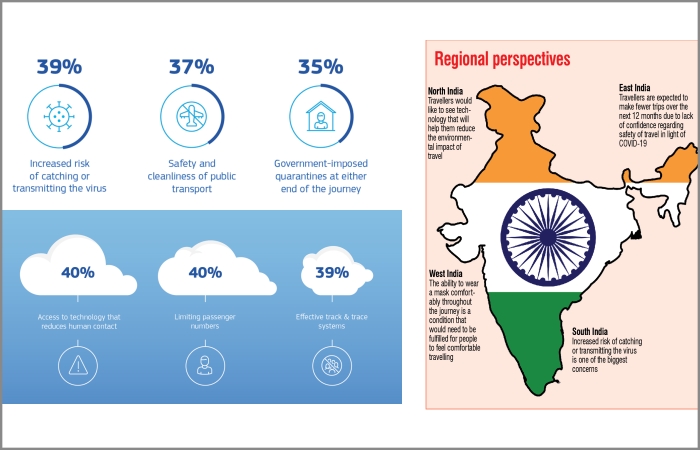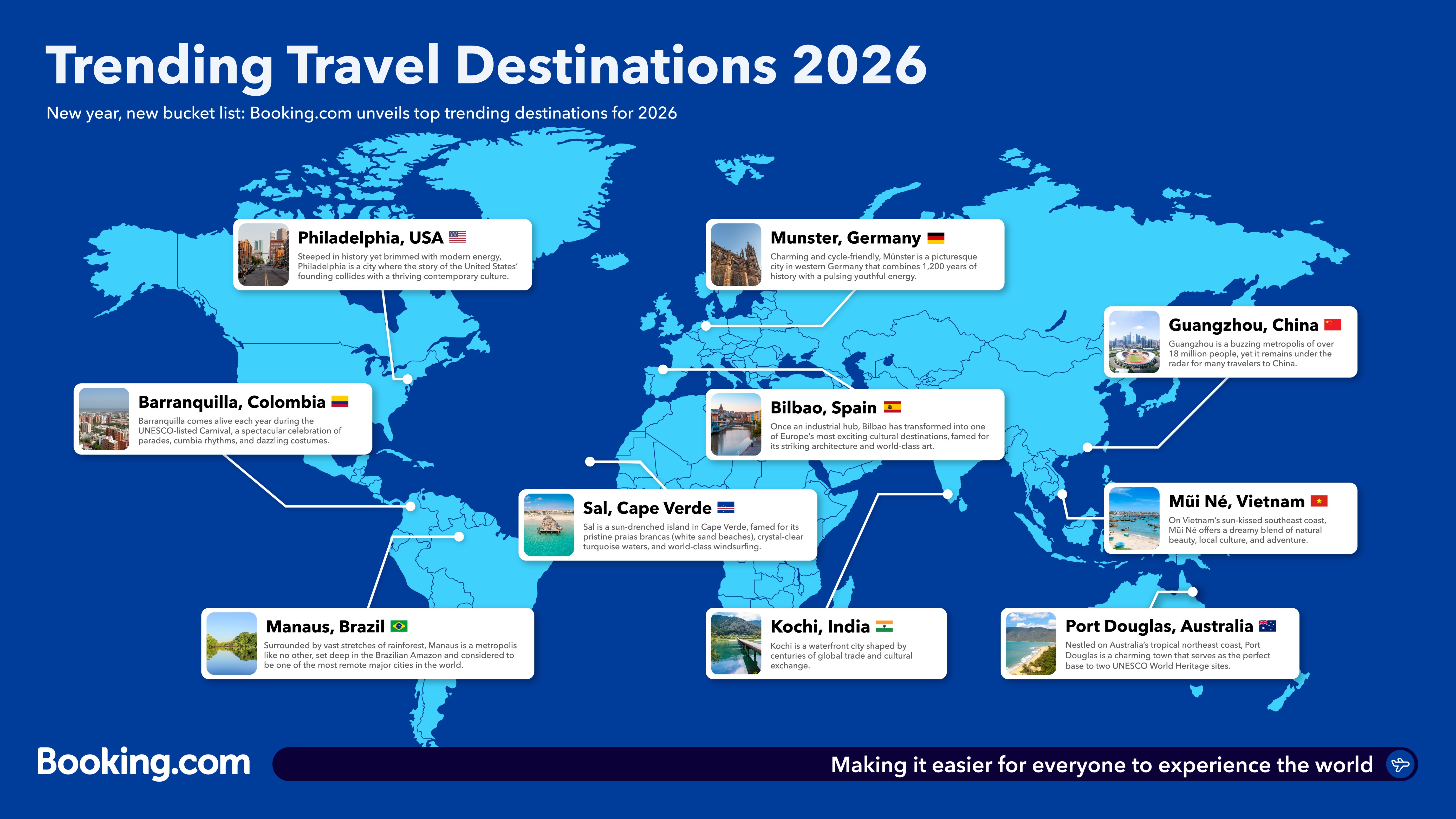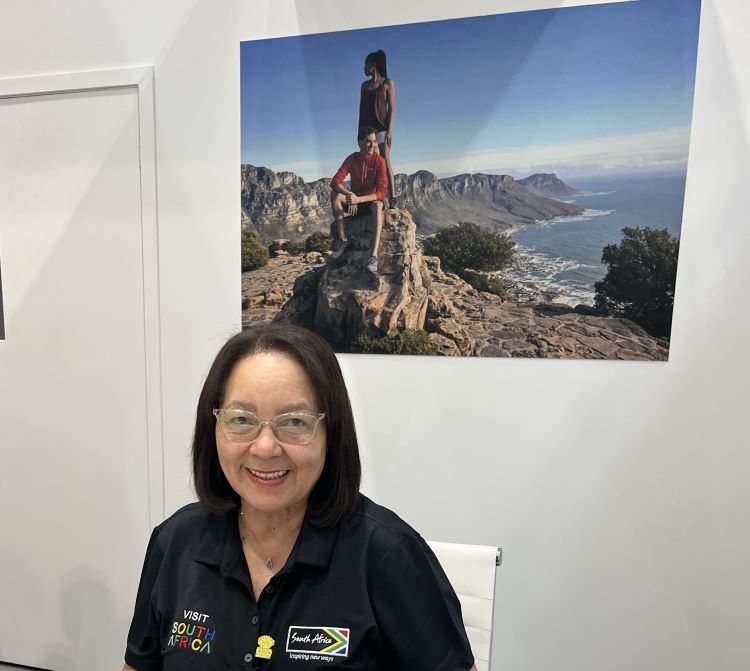In its latest study titled ‘Rethink Travel Global Survey – India insights 2020’, Amadeus decodes ways to re-ignite traveller confidence, while addressing the biggest concerns they have right now, to ultimately ensure that travel continues to be a key driver of global progress, positivity and prosperity.
By the end of October 2020, India surpassed 8 million confirmed cases of COVID-19. The impact to the country has been devastating, resulting in millions of job losses, many of those jobs in travel, tourism and hospitality. Given its role in the travel community as a global provider of technology to the travel industry, and knowing it requires a community response to get the world travelling again, Amadeus has been engaging with its customers and industry partners to rethink travel.
Biggest concerns about travelling
The predominant concern for Indian travellers (39%) was the increased risk of catching or transmitting the virus. Indian respondents also cited the safety and cleanliness of public transport (37%) and government-imposed quarantine at either end of the journey (35%) as one of their biggest concerns about travelling in light of COVID-19.
Meanwhile, respondents who have travelled only for business in the past 18 months were less concerned about the increased risk of catching and transmitting the virus (26%) compared to those who have travelled just for leisure in the past 18 months (43%). However, concerns over losing money due to trip cancellations ranked similarly between the two groups, at 16% and 17%, respectively.
More respondents who have travelled on a long-haul flight in the past 18 months noted that being stranded in the destination if travel options are cancelled or changed was one of their biggest concerns about travelling in relation to COVID (31%), in comparison to those who have travelled on a short-haul flight over the past 18 months (27%). Similarly, more respondents who have been on a long-haul flight in the last 18 months noted that the government imposing a quarantine at their destination or upon return home was one of their biggest concerns (39%) compared to short-haul flyers (34%).
Conditions that would make respondents feel comfortable travelling
Access to technology that reduces human contact, queues and physical touchpoints was the ultimate factor that would need to be fulfilled for Indian respondents to feel comfortable travelling (40%). This was followed by the need for effective test, track and trace programmes to be in place to contain infections (40%); visibility to and assurance of sanitisation, hygiene and safety measures in hotels and accommodations (39%); and limiting the number of passengers on planes to reduce contact (38%).
Looking at flexible change and cancellation policies and payment terms to avoid penalty or losing money, business and leisure travellers had similar sentiments. Three in 10 (30%) of Indian travellers who have just travelled for business in the past 18 months noted that this condition would need to be fulfilled for them to feel comfortable travelling and a third (33%) of those who have only travelled for leisure in the past 18 months noted that this condition would need to be fulfilled. It’s interesting to note that only 23% of Gen-Z said this would make them feel comfortable to travel.
Passengers who have travelled on a long-haul flight in the past 18 months were more likely to require mobile boarding than those who have travelled on a short-haul flight in the past 18 months (62 per cent versus 53 per cent, respectively).
50 per cent of respondents who have just travelled for leisure in the past 18 months noted that contactless payments would increase their confidence to travel in the next 12 months, compared to 47 per cent of respondents who have just travelled for business.
The survey demonstrates that there is a continued appetite for travel, however, it is evident travellers are looking for their concerns to be addressed.
The positive news for the industry is that many of these concerns and preferences can be addressed with technology that is available today, whether it is to provide better access to information, ensure social distancing, reduce physical content or more.
In travel & tourism, technology offers huge potential to rethink how we experience the world.
 TravTalk India Online Magazine
TravTalk India Online Magazine





